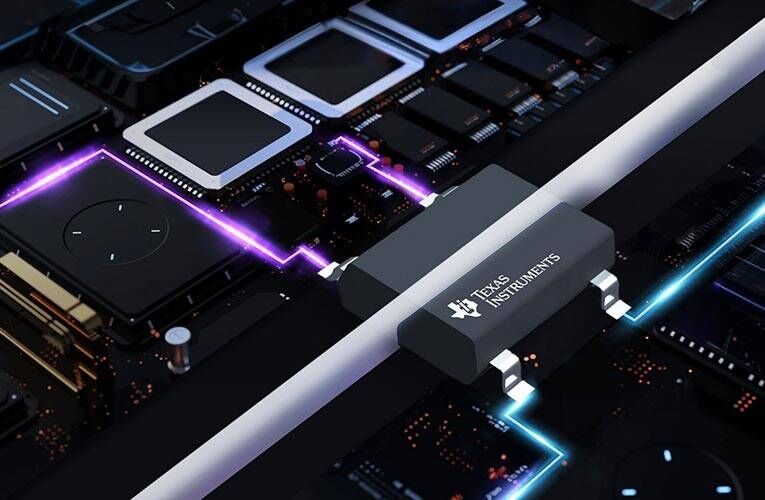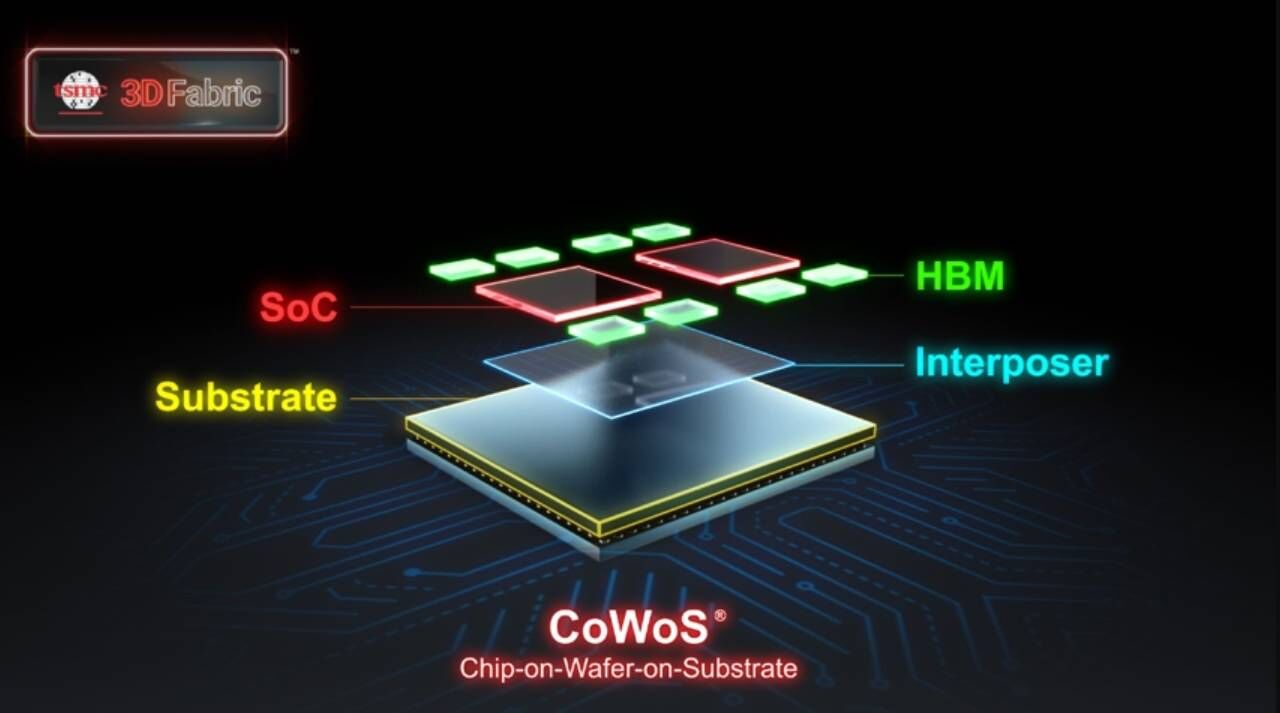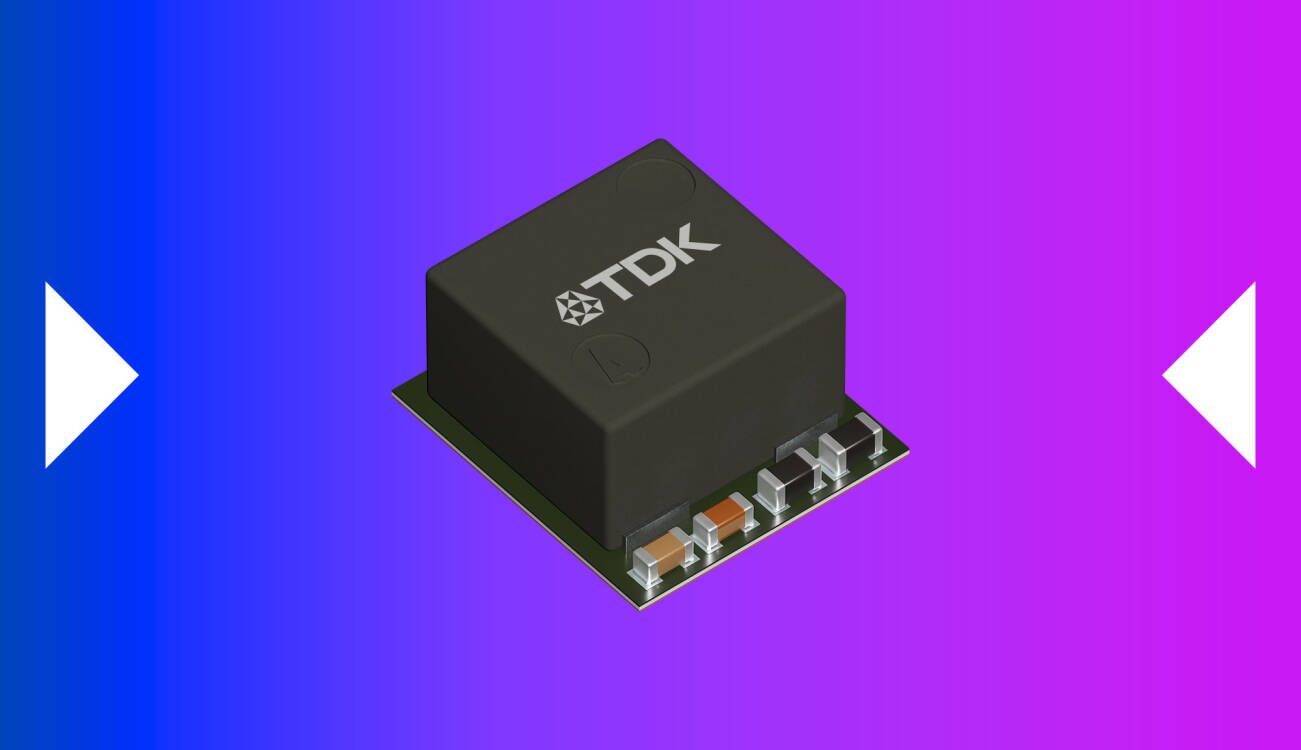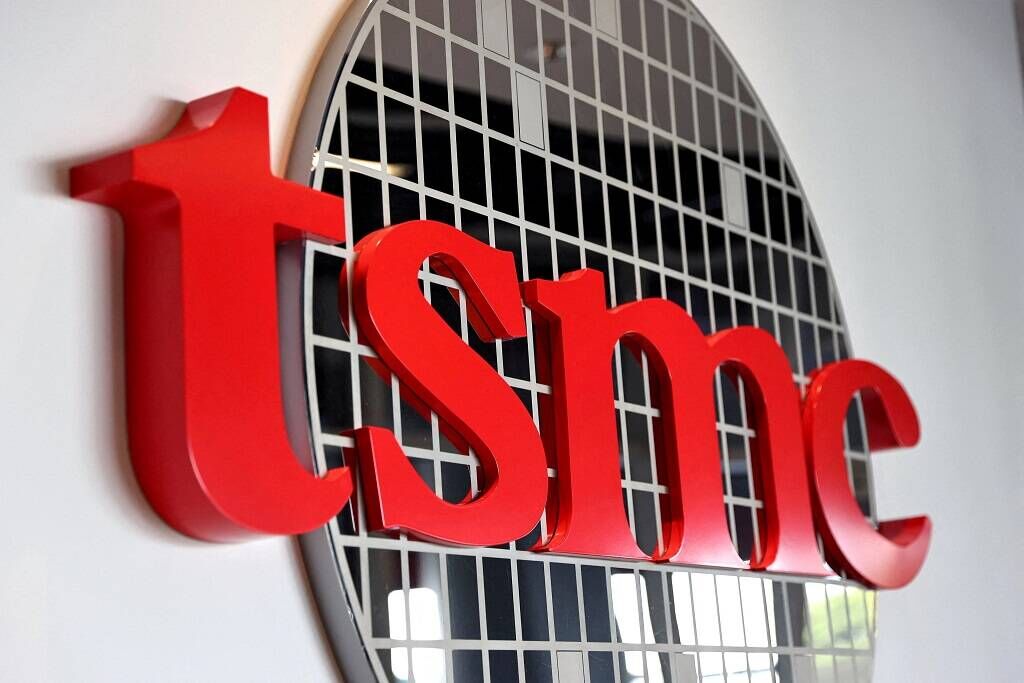September 22, 2023 /SemiMedia/ -- Texas Instruments recently introduced its new opto-emulator portfolio of signal isolation semiconductors, designed to improve signal integrity, consume less power, and extend the lifetime of high-voltage industrial and automotive applications. TI’s inaugural opto-emulators are pin-to-pin compatible with the industry’s most common optocouplers, enabling seamless integration into existing designs while leveraging the unique benefits of silicon dioxide (SiO2)-based isolation technology.
"Today’s push for electrification, coupled with the intricacies of designing high-voltage systems, presents a need for engineers to increase the performance and lifetime of their products while ensuring the right level of isolation," said Tsedeniya Abraham, general manager of interface products at Texas Instruments. "Our new portfolio of opto-emulators not only addresses the growing need for reliable and affordable isolation, but also exemplifies our commitment to investing in high-voltage technologies."
Increase reliability with TI’s SiO2-based isolation
Optocouplers, which integrate an LED to isolate the signal, have historically been a common choice among engineers. However, optocouplers typically require upfront overdesign to compensate for the inevitable aging effects of LEDs. TI’s opto-emulators eliminate the need for overdesign by using SiO2 for the isolation barrier, removing the effects of LED aging altogether. With a high dielectric strength of 500 VRMS/µm, TI’s SiO2 isolation barrier enables the new portfolio of devices to protect end-product designs for more than 40 years. Opto-emulators also provide isolation protection as high as 3,750 VRMS, while reducing power consumption by as much as 80%.
Additionally, the portfolio is able to withstand wide operating temperature ranges from –55°C to 125°C, while providing common-mode transient immunity up to 10 times higher than optocouplers.
Preproduction quantities of opto-emulator products are available now. Automotive versions of opto-emulator products are expected to be available in 2024. For more information, please visit TI.com/opto-emulators.












All Comments (0)